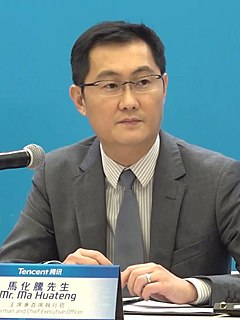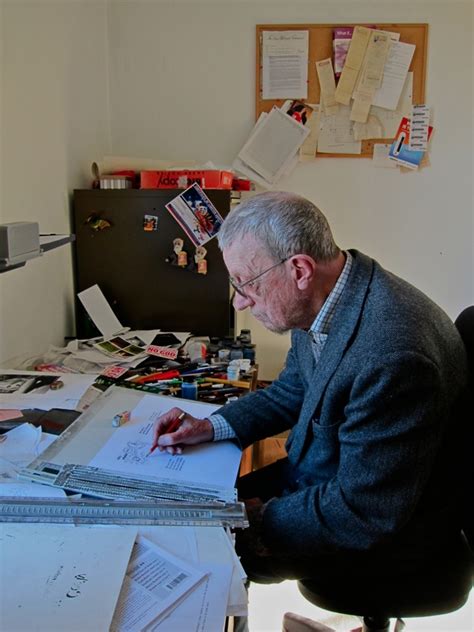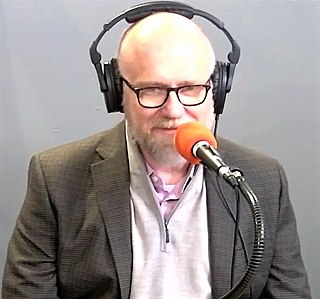A Quote by David Henry Hwang
There's something about China and its rush to capitalism that I find confusing. At the same time, we live in an America where capitalists oppose any government interference with free markets, while in China you have a very controlled, state-planned market where economic growth is better than ours.
Related Quotes
You cannot just depend on the market, because the market will say: China needs oil; China needs coal; China needs whatever, and Africa has got all these things in abundance. And we go there and get them, and the more we develop the Chinese economy, the larger the manufacturing is, the more we need global markets - sell it to the Africans which indeed might very well destroy whatever infant industries are trying to develop on the continent. That is what the market would do.
We have met our passion to be ambition to grow our market share significantly in North America. Motorola helps address two other priority markets for us - the acquisition has enabled us to become the No. 1 foreign vendor in Japan. It also gives us an increased market share with China Mobile in China.
Economists have provided capitalists with a comforting concept called the "free market." It does not describe any part of reality, at any place or time. It's a mantra conveniently invoked when it is proposed that government do something the faithful don't like, and just as conveniently ignored whenever they want government to do something for them.
Every time I say the word capitalism, everyone just assumes I have plenty of Marxism in me, I do. But Russia and China had their bloody revolutions and even while they were Communist, they had the same idea about generating wealth - tear it out of the bowels of the earth. And now they have come out with the same idea in the end... you know, capitalism. But capitalism will fail, too.






































